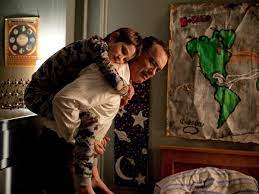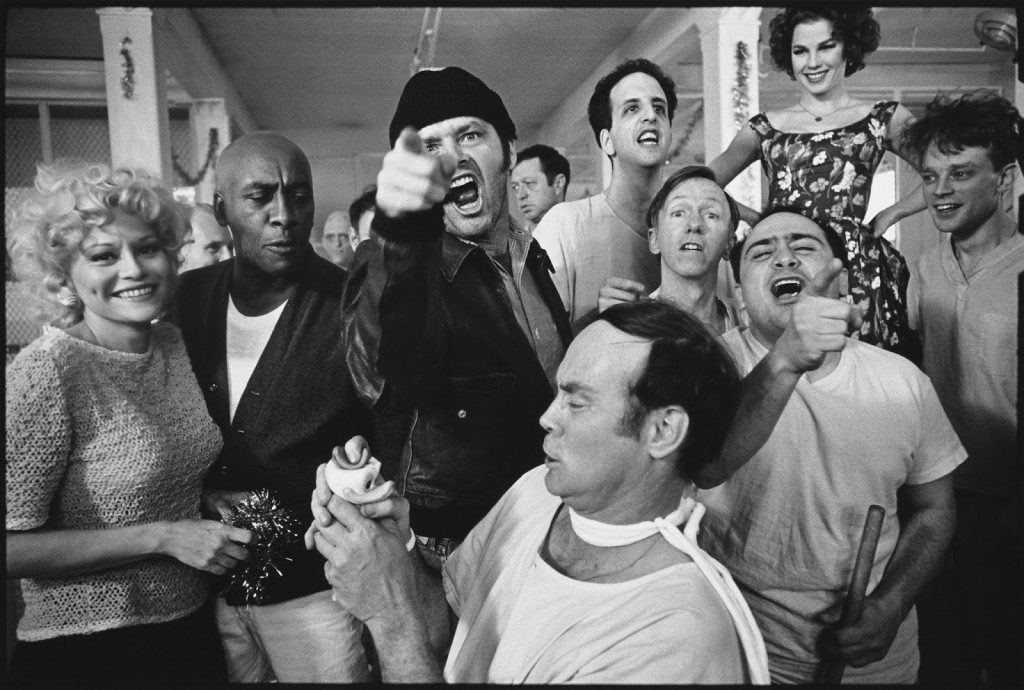Table of Contents
Toggle5 Classic Films that Were Based on Books
One of the most famous inspirations for creating movies or TV series has always been literature. Many famous movies or TV shows have been shot according to various literary sources. Often, when we watch movies and TV series, we do not even know that they are a film adaptation of a book.
Sometimes the book is not so well known to a wide audience, and the screenplay brings it out of the shadows, making it popular. More often than not, the opposite happens when a book is so popular that movies or TV series are made according to it.
This fact fascinates a large part of the readers because what they felt from the pages of the books can be seen alive on the screen. However, some of them are often skeptical of such initiatives, as they find it difficult to properly display all the virtues inherent in the work on screen. It is difficult to distinguish between the successful films that are based on the film, but here are five examples.
“The Godfather” -The film The Godfather is one of the most iconic works in the history of cinema, which with its tense story is still a favorite movie of millions of viewers. The film is based on the novel “The Godfather” by Mario Puzo.
Mario Puzo’s well-known and beloved novel “The Godfather” is certainly a masterpiece of classic literature, but we must also admit that Francis Ford Coppola created the best screenplay in the history of world cinema, according to the book. The film was shot in 1972, starring Marlon Brando, Al Pacino, and James Caan. “The Godfather” was recognized as the second highest-rated film in the history of US films, and still ranks first on the Internet database.
The story takes place over 10 years, between 1945 and 1955 and tells the story of Don Vito Corleone, who heads the Sicilian Mafia in New York.
After its release, the film maintained its status as the highest-grossing film of all time until 1975, when the film Jaws broke the record. “The Godfather” won three Oscars – in the categories of Best Picture, Best Actor (Brando), and Best Adapted Screenplay, and received Oscar nominations in six other categories. The film was followed by two sequels: The Godfather II (1974) and The Godfather III (1990). The first movie earned $269 million worldwide and all three movies combined brought in around $520 million.
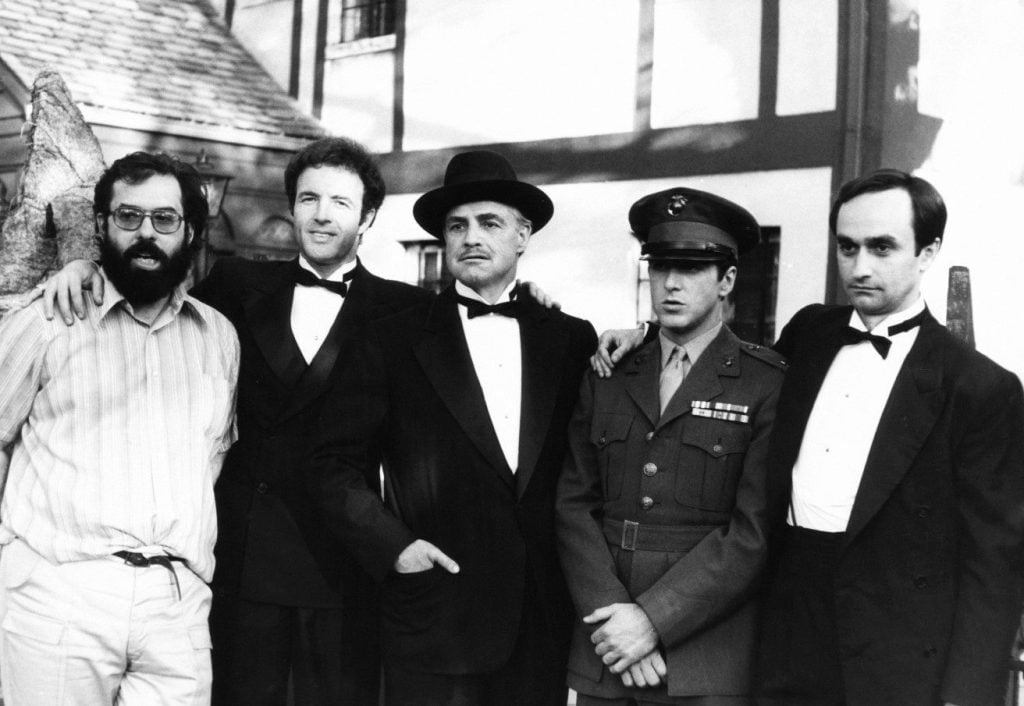
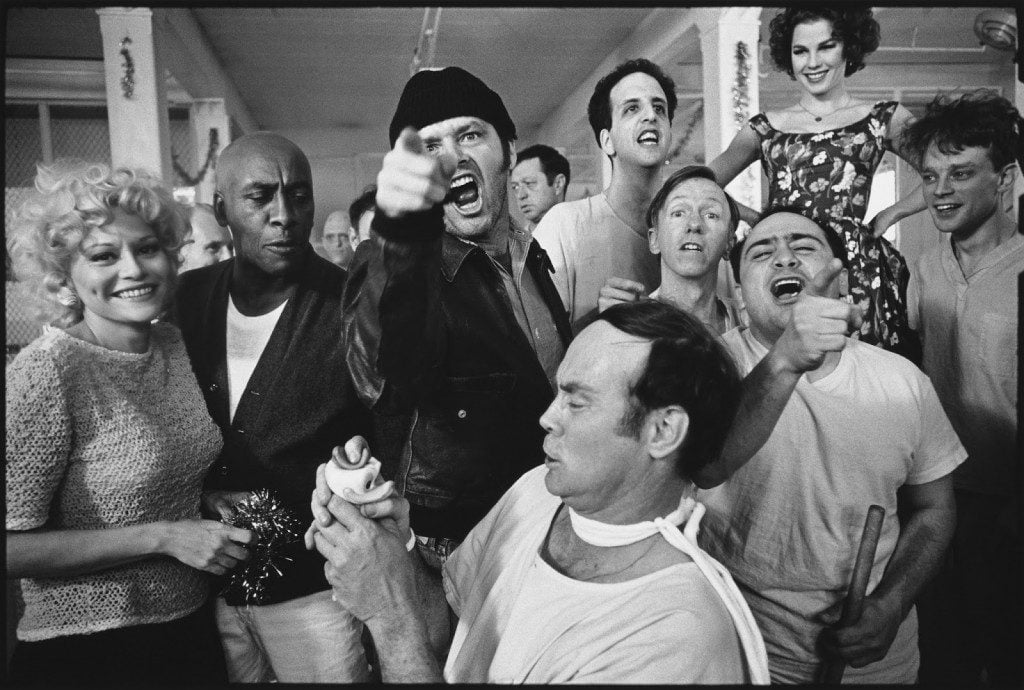
“One flew over the cuckoo’s nest” – Almost everyone has seen a movie called “One Flew Over the Cuckoo’s Nest”. Not many people are aware that the cult classic was made based on a book of the same name. In 1975, Milos Forman made a film based on Ken Kesey’s novel, “One Flew Over the Cuckoo’s Nest.” The main role is played by Jack Nicholson, for which he even won an Oscar.
The film premiered on November 19, 1975, at the Chicago Film Festival. The picture became the second in the history of cinema to win an Oscar in the top five most prestigious nominations. Until that point, this achievement belonged only to “It Happened One Night” (1934). The same success was repeated by the film at the Golden Globe Awards – for the first time in the history of cinema.
The film, which takes place inside the walls of a psychiatric clinic, was almost entirely shot at a relevant profile hospital in Oregon.
The action in the film takes place in 1963. The culprit Randle Patrick McMurphy (Jack Nicholson) is transferred from prison to a psychiatric clinic for examination. It should be noted that McMurphy is not psychologically insane. He does not adapt to the routine in psychiatry, inhumane rules, ill-treatment of patients, and to some extent declares war against inhumane treatment.
Even if this film had not won any awards, “Someone Flew Over the Cuckoo’s Nest” would have taken its place in the Cinema Classic Gallery. The film won the creators five Oscars, 30 other film awards, and 12 nominations in various categories. Revenue in the US alone exceeded $ 100 million. Critics praised the director and the actors’ performances, and the film was hailed as one of the most important events of the “New Wave” of American cinema in the 1970s.
“Matilda” – All of Roald Dahl’s creations transcend magic and become part of the everyday life described in his books. Matilda is one of the writer’s most distinctive and memorable characters, and story defines the concepts of good and evil in an interesting, subtle way. All of this was perfectly reflected in the 1996 screenplay directed by Danny DeVito. Although the project has not been financially successful, the film was praised for accurate casting, especially for selecting Pam Ferris for the role of Tranchbull.
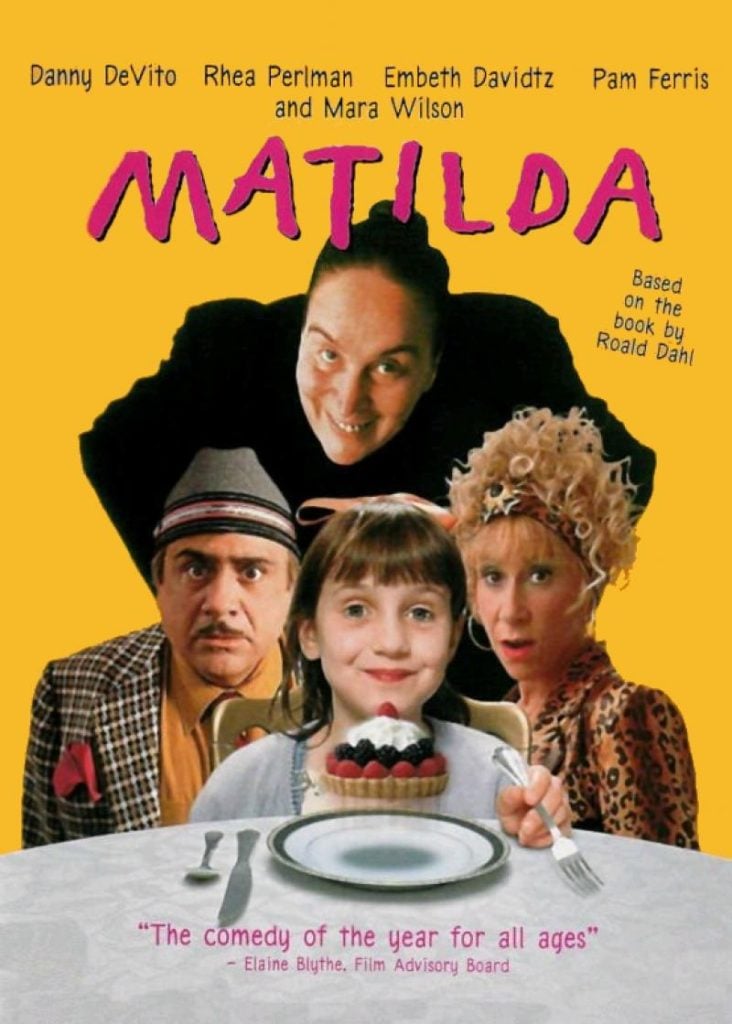
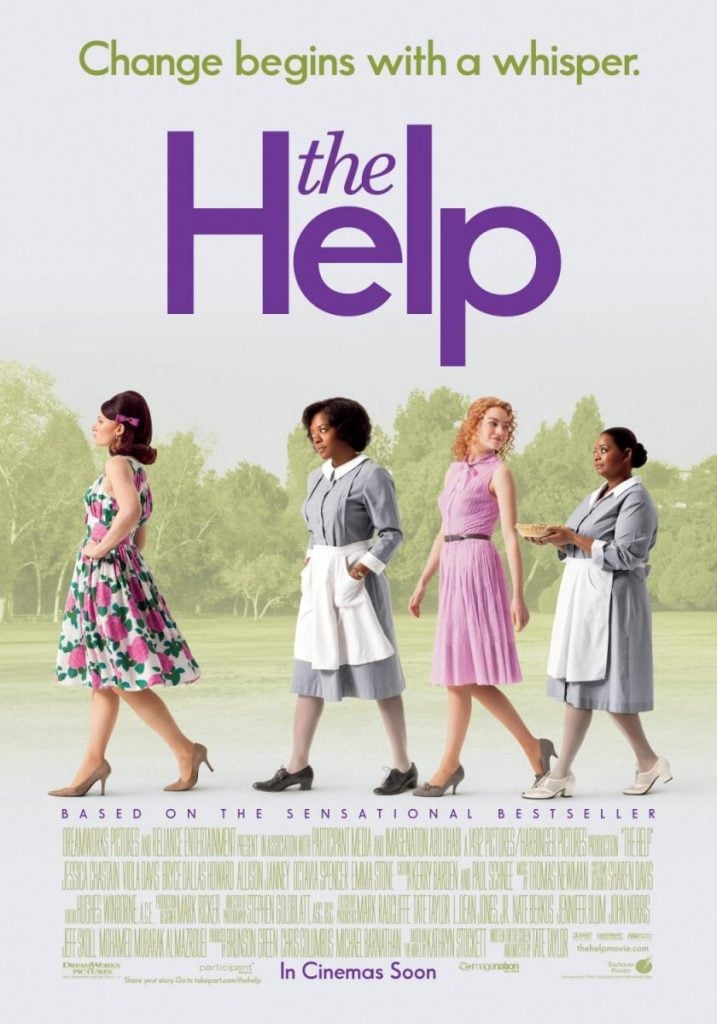
“The Help” – A 2009 novel by Kathryn Stockett tells the story of African-American women living in Mississippi, the most racist state in the United States, in the 1960s, serving white people from the upper class. The book was simultaneously entertaining, dramatic, and charged with a social message. More than 5 million copies of the book were sold in its first 2 years. In 2011, Tate Taylor made a film based on the book, which was nominated for an Oscar, and also brought one of the actors – Octavia Spencer – a win. The movie earned $213 million worldwide.
“Extremely Loud and Incredibly Close” – is the second and most famous novel by American writer Jonathan Safran Foer (1977). The protagonist of the book is nine-year-old Oskar Schell, a smart and weird boy whose father died in the September 11 tragedy. Oskar struggles with his grief. This fight does not start from the psychotherapy session the mother leads him to, but from the envelope found in his father’s belongings, in which he finds the key. Oscar is looking for a lock across New York that the key will fit in and hopes to learn a secret about his father. In 2011, we saw a film screening of a book directed by Stephen Dolder, which was well-received by the audience and earned $55.2 million.
